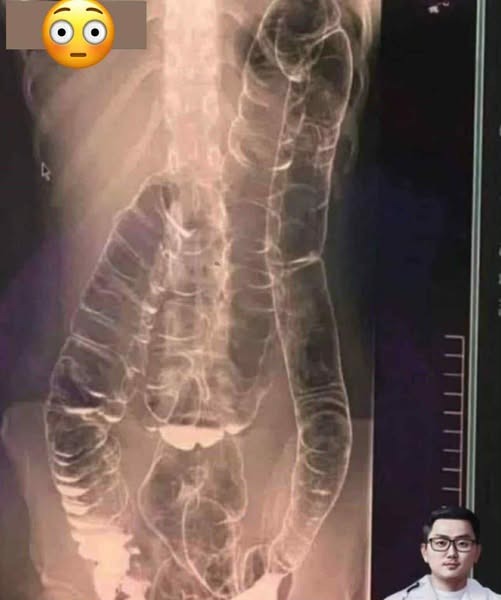Constipation is often viewed as a minor issue, but when it becomes chronic, it can lead to serious health problems. The digestive system plays a crucial role in breaking down food, absorbing nutrients, and eliminating waste. When this process slows down or stalls, stool can accumulate in the colon, causing uncomfortable and potentially harmful symptoms.
Understanding the Risks
Chronic constipation can weaken the colon muscles, reducing their ability to function properly. This can lead to a range of symptoms, including fatigue, bad breath, headaches, and skin problems like acne. In severe cases, constipation can cause bowel obstruction, a serious blockage that requires urgent medical attention. Additionally, chronic constipation may increase the risk of developing colon cancer due to prolonged exposure to toxins in the colon [1].
Recognizing the Symptoms
Typical symptoms of constipation include infrequent bowel movements, abdominal pain, bloating, and difficulty passing stools. However, chronic constipation can also lead to more severe complications, such as hemorrhoids, anal fissures, and bowel obstruction. If left untreated, these conditions can cause significant discomfort and potentially life-threatening consequences.
Prevention and Management
Fortunately, constipation can be prevented and managed with a few simple lifestyle changes. A diet rich in fiber from fruits, vegetables, whole grains, and legumes can help bulk up stool and encourage regular bowel movements. Adequate hydration is also essential, as water softens stool and makes it easier to pass. Regular physical activity can stimulate the muscles of the digestive tract, supporting healthy bowel function.
Establishing a consistent bathroom routine and allowing enough time for unhurried bowel movements can also help prevent constipation. It’s essential to listen to the body’s natural signals and not ignore the urge to go, as this can exacerbate constipation over time [2].
If you’re experiencing persistent constipation or concerning symptoms, it’s crucial to consult a qualified healthcare provider to identify the underlying cause and receive appropriate treatment. By taking proactive steps to maintain digestive health, you can reduce the risk of complications and enjoy a healthier, more comfortable life.


